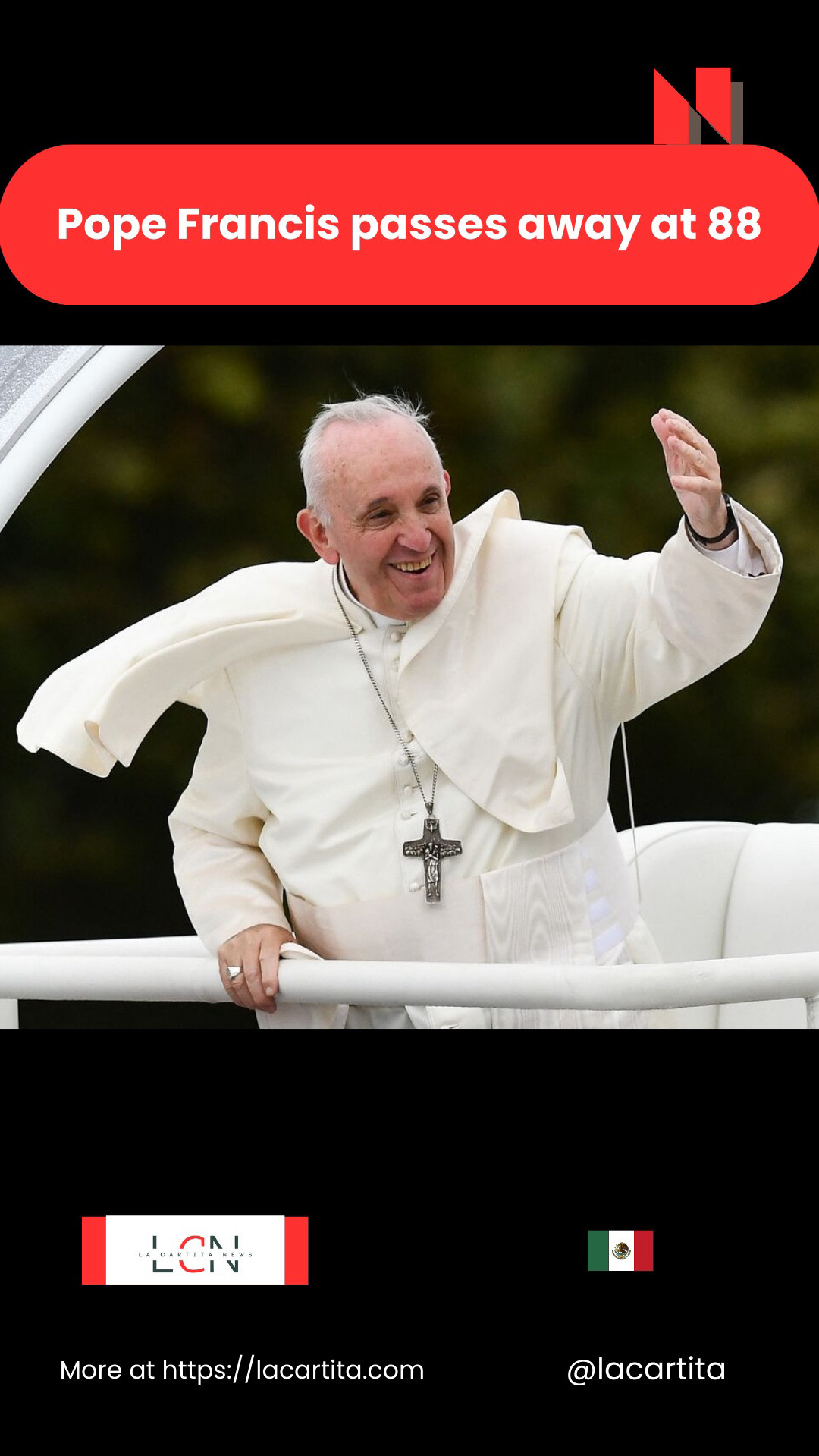Pope Francis, who passed away on April 21, 2025, at the age of 88, was often characterized as a leftist due to his progressive stances on various social, economic, and environmental issues. His papacy marked a significant shift in the Catholic Church’s approach to modern challenges, emphasizing inclusivity, compassion, and social justice. Most significant, he was the first Latin American pope and reaffirmed the regions importance in the catholic church’s soft power projection.
Social Justice and Economic Equality
From the outset of his papacy in 2013, Pope Francis prioritized the plight of the poor and marginalized. He consistently criticized the excesses of capitalism and the growing global inequality. In his address to the United Nations, he called for a more equitable distribution of wealth, advocating for state intervention to ensure economic benefits reach all segments of society.
Environmental Advocacy
Francis was a vocal advocate for environmental protection. His 2015 encyclical, Laudato Si’, emphasized the moral imperative of addressing climate change and caring for the Earth. This document positioned environmental stewardship as a central concern of the Church, urging global action to combat environmental degradation.
Inclusivity and LGBTQ+ Outreach
Pope Francis adopted a more compassionate tone towards LGBTQ+ individuals compared to his predecessors. His famous remark, “Who am I to judge?” signaled a shift towards a more inclusive Church. In 2023, he approved blessings for same-sex couples, emphasizing that while the Church’s doctrine on marriage remained unchanged, individuals in same-sex relationships deserved pastoral care and blessings.
Opposition to Populism and Nationalism
Francis was critical of rising populist and nationalist movements. He warned against exclusionary rhetoric and policies that marginalized vulnerable populations, advocating instead for a “common home” that embraces all individuals regardless of their background.
Internal Church Reforms
Within the Church, Francis implemented reforms aimed at increasing transparency and inclusivity. He appointed cardinals and bishops with progressive views, expanded roles for women in Church governance, and took steps to address clerical sexual abuse scandals. These actions often put him at odds with conservative factions within the Church.
Pope Francis’s legacy is marked by his efforts to align the Catholic Church more closely with contemporary social issues, advocating for a faith that is compassionate, inclusive, and responsive to the challenges of the modern world.

